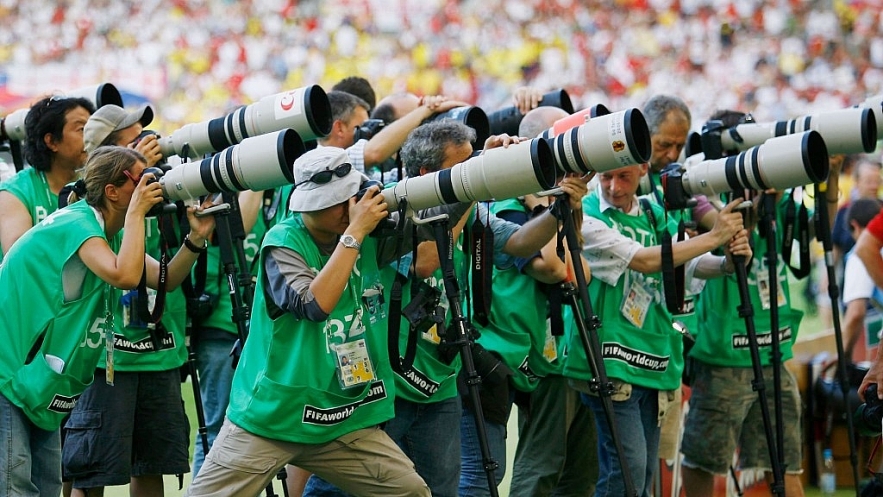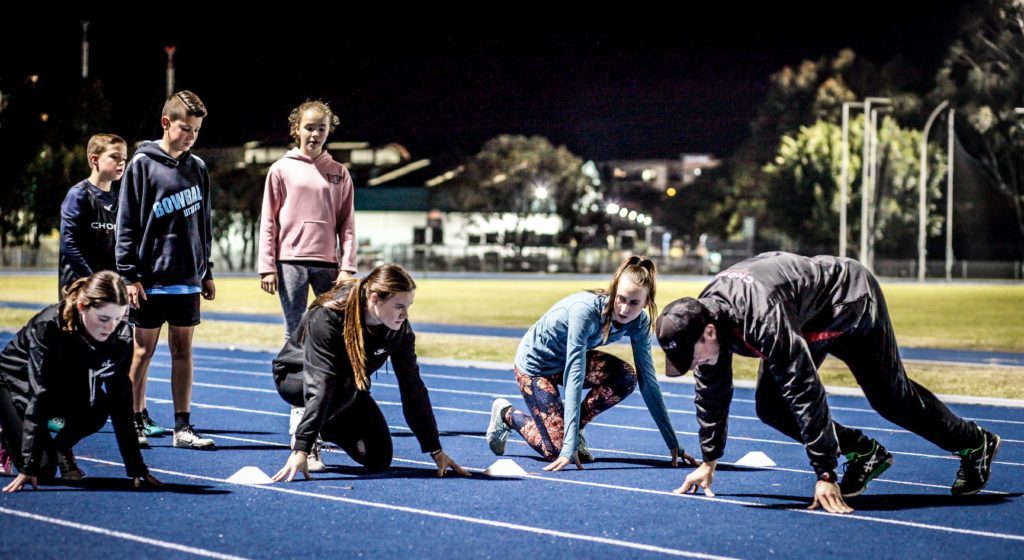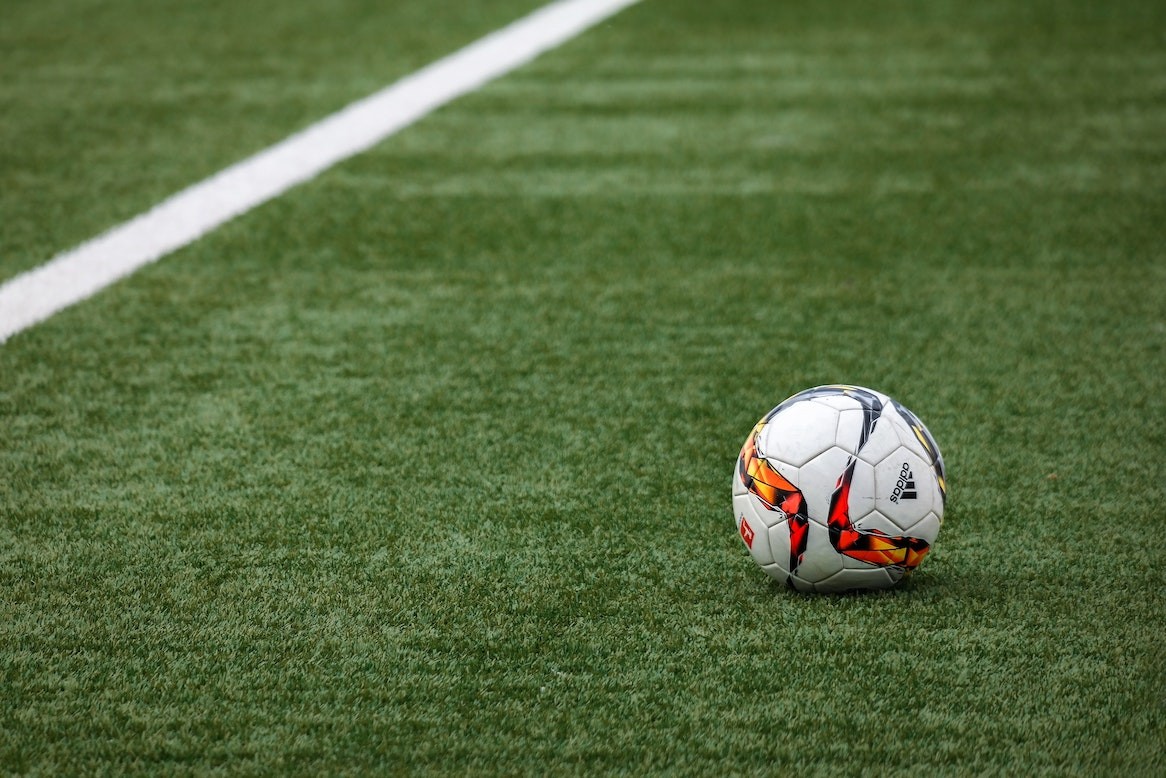Sports have captured the attention of millions of people and sports journalism plays an essential role in this by giving us an exciting insight into the stories that unfold on and off the playing fields. Within the framework of the International Day of the Sports Journalist, we want to reflect on the importance of this journalistic field, where professionals become privileged witnesses of sporting feats, historical moments, and the impact that sport has on society. Today we will explore the relevance of sports journalism, its origin, and how to become sports journalists with quality training.

What is the importance of Sports Journalist Day?
The International Day of the Sports Journalist is of great importance because it provides the opportunity to recognize and value the work of sports journalists. These professionals play a fundamental role in reporting, analyzing, and sharing stories related to sports. Their work allows us to stay updated on sporting events, offer exclusive perspectives and insights, and provide deeper context about the world of sport.
Furthermore, sports journalism is not only about results and statistics but also about highlighting the positive values associated with sports, such as team spirit, self-improvement, discipline, and inclusion. Through their stories and coverage, sports journalists can inspire audiences and foster a healthy and respectful sports culture. As sport has a significant impact on society and culture, sports journalists play a key role in exploring and communicating this impact in areas such as politics, economics, education, and health. Through research and analysis, sports journalists can highlight the issues and challenges surrounding sport, as well as its ability to bring people together and create positive change.
It is also an opportunity to promote responsibility and ethics in sports journalism since professionals must comply with the principles of precision, impartiality, truthfulness, and respect for the privacy of athletes. So, this day reminds us of the importance of maintaining high professional standards and contributing to fair and balanced sports coverage.
Origin of the International Day of the Sports Journalist
The origin of the International Day of the Sports Journalist is in the International Federation of Sports Journalists (AIPS, for its acronym in English). This is an organization founded in 1924 to promote and defend the interests of sports journalists around the world. The AIPS recognized the importance of sports journalism and the need to highlight the work of those who report on sporting events, prominent athletes, and the social and cultural impact of sport.
It was in 1994 when the AIPS decided to establish July 2 as the International Day of the Sports Journalist. This date was chosen in commemoration of the anniversary of the founding of the AIPS and became an opportunity to recognize and pay tribute to sports journalists from around the world.
Since then, International Sports Journalist Day has been celebrated every year to highlight the importance of sports journalism and highlight the role journalists play in informing, entertaining, and promoting the positive values associated with sport. It is a day in which the achievements and contributions of sports journalists are recognized, as well as the challenges they face in their daily work of covering the world of sports.
How to be a sports journalist?
Becoming a sports journalist requires a combination of passion for sports, communication skills, and specific knowledge in the field. Here are some steps that can help you launch a career as a sports journalist:
- Get training. Make sure you learn fundamental skills, such as research, writing, editing, and editing. With the Master in Sports Journalism from the International Institute of Sports Sciences you can learn the fundamental knowledge to be a professional in this field of journalism.
- Specialize in sports. Get familiar with different sports and gain in-depth knowledge about their rules, stories, notable players, and relevant events. Follow sports news closely and stay up to date with trends and developments in the world of sports.
- Gain experience. Look for opportunities to gain hands-on experience in sports journalism. You can start by contributing to sports blogs, student newspapers, local radio stations, or sports television shows. Additionally, consider interning with established sports media outlets to gain experience in a professional environment.
- Develop writing skills. Practice writing news, reports, interviews, and sports chronicles. Learn to adapt your writing style depending on the medium of communication, whether written, audiovisual, or digital.
- Master digital tools. In the digital age, it is essential to have technical skills to adapt to digital media and online platforms. Learn to use video editing tools, social media management, multimedia content creation, and data analysis.
- Stay updated. Stay up to date with sports news, follow experts in the field, and read specialized publications. Participate in courses, webinars, and workshops related to sports journalism to continue developing your knowledge and skills.
- Develop your style. Find your voice and style as a sports journalist. Stand out for your unique perspective, your ability to tell stories, and your expert analysis. Be objective, impartial, and ethical in your journalistic work.



